Tuesday, October 16, 2018
Virtual Book Tour + #Giveaway: Citadel by Jack Remick @jackremick @RABTBookTours
Women’s literary fiction
Publisher: Quartet Global Books
Irven DeVore, an evolutionary biologist, writes that
"Males are a breeding experiment run by females." What if, in
fact, women ran everything? What if women rejected the culture of rape
and violence to take control of their lives in the safety of the Citadels? What
if women could exist without males? CITADEL is a metafictional,
apocalyptic story braided into a contemporary post-lesbian novel built on
genetics.
Advance Praise
"I loved the book and I'm suggesting it to all the
writers, editors and women I know as a must read. You blew me away... the book
drew me in completely... great experience!
I'm not sure how you managed to come up with
this... let alone research it... a story usually follows one or two
Characters... I found myself following the writer, the editor, the publisher,
not to mention the Characters in the book... and never got lost, never
ended up wondering who someone was or why they did that? I read the book in short
spurts and longer chunks depending on opportunity... but never had a problem of
falling back into the story... you had me from page one to the end. Great
job" -- Wally Lane, filmmaker, screenwriter.
Interview with Jack Remick
Can you tell us a little
bit about the characters in Citadel?
Citadel is a novel within a novel.
The Outer novel which has no name tracks the relationship of Trisha, an editor
at Pinnacle Books and Daiva, a scientist turned novelist. The Outer novel is
contemporary. The Inner novel is Citadel, Daiva’s creation. It is set in a
future time and details the emergence of the Citadels where women have turned
away from the culture of rape and violence to find safety and freedom. Clara Chrysler, Trisha’s publisher at
Pinnacle is a hard driving woman bent on turning Pinnacle from an e-book
publisher into a big-time press with serious intentions. She is totally unaware
of the importance of Citadel, the Inner novel while Trisha sees that the novel
is in fact a prophecy of a future that is becoming reality.
Can you tell us a little
bit about your next books or what you have planned for the future?
I have written twenty
books—novels, poetry, screenplays, and non-fiction. At the moment, I am working
on a set of essays titled: What Do I Know? Wisdom in the Twenty-first Century.
While still in manuscript, five of these essays have found homes. The most
recent being—The Wisdom of Marriage—in the Feminine Collective. Others have
appeared in So Much Depends Upon, a Red Wheelbarrow Writers Anthology; Raven
Chronicles—Last Call; and the Bhuganeswar Review, in India.
How long would you say it
takes you to write a book?
The short answer is two
years, but in reality that’s just the production time, not the preparation and
background time. For example, I wrote the Inner Novel, Citadel a few years ago,
but didn’t have the technique to work it. Later, when I had figured out how to
handle it, I got right to work shaping the Outer novel. That process took me
three years of steady work.
What is your favorite
childhood book?
I wasn’t a reader as a
child until I discovered Nancy Drew. I read all the mysteries many times. I was
living in South America at that time and I was interested in Nancy Drew
because, for all her innocence, she was the first smart, powerful female I
found in writing. In my own later work, such as Lemon Custard, Pacific Coast
Highway, and Gabriela and The Widow, I found myself much more interested in the
women than in the male foils. I have always read novels with female
protagonists more avidly than I do the pseudo-palelolithic machismo of the
males. Women change, the men stay pretty locked into the same ritualistic
sadism where the bow and the arrow have evolved into a gun and a bullet. That’s
where Citadel takes off—"The killing started and it did not stop….”
If you could spend the day
with one of the characters from Citadel who would it be? Please tell us why you
chose this particular character, where you would go and what you would do.
As a matter of fact, I
came to this issue while writing the Outer novel. As Trisha, the editor gets
into the Inner novel, she finds that working it is changing her. As she changes
the novel, it changes her. In that process, she enters into the writing first
as a reader, then as a passive observer, then finally as a character. As I
wrote those scenes where Trisha is an active character, I found myself
participating with the other characters through her. There is one scene in
particular in the section called The Heptuant, where Trisha-I spend time with a character named Kel. It is a
consciousness-raising moment for Trisha and for me, the writer. Kel is a young
Daughter (the female characters are all daughters, following the idea from
genetics that all cells are daughter cells) who is trying to figure out what
she wants and how to get it. The notion in that scene is that human nature is
to wonder about who we are and how we get what we want. The anguish in Citadel
is that without the males, the Daughters are not male-identified and so their
problems are much more visceral and true.
What was the hardest scene
from Citadel to write?
There are two transformative scenes that have
equal emotional power for me. The first is the scene in which Trisha writes a
long note to Daiva expressing how the novel is changing her. In it, she realizes
that any woman who reads and finishes this novel will not be the same woman who
started it. The second emotional scene is called Syn in Sacrifice. It comes
later in the novel where Syn realizes that she is martyring herself for all the
suffering women have felt through time: She says, this is
for all the women and girls you have violated and controlled and beaten and
raped. This is for us who were slaves. Your world ends here in the heat and
smoke of destruction.
On her
knees in the moonlight, in the light of the campfires, Syn opens her mouth to
sing but there are no words left in her. There is no more guilt or shame in
her. There is no more fear or hatred in her and in that moment she is free.
For them.
For all of them.
What made you want to
become a writer?
I was a reader long before I ever
tried to write anything. The more I read, the more I wanted to write but I had
no ideas and certainly didn’t have the techniques a writer needs. Early on, I wrote silly things that had no
depth, no feeling, no sense of betrayal or disaster. The more I learned about
the human condition, the more pity I felt for us as a race. I studied
anthropology, psychology, history, genetics, biology where I saw the incredible
things we are capable of as a species, but I also saw the complete and utter
horror we are loosing on the planet. I wondered if there was, in fact, any
solution to our condition. It certainly isn’t in religion which seems to cause
more terror and pain than it alleviates. So I started to think and in thinking
found change and in change found ideas about how to express myself and my own
doubts about the notion of human exceptionality. After writing with Natalie
Goldberg, I started to work up ideas for a long range project that led me
through the first seven novels, the books of poetry, and finally to the essays.
I think, in the end, that I was destined to write Citadel and to offer in this
novel, a vision of a world where the paleolithic residue of terror and
destruction are excluded. What would the world look like if women controlled
everything? Citadel as culmination of my writing process offers one answer.
Just for fun
(a Favorite song: Not a music fan.
(b Favorite book: The Handmaid’s Tale
(c Favorite movie: Not much of a movie fan
(d Favorite tv show: Don’t watch much tv.
(e Favorite Food: hash browns, chocolate, gooey caramels.
(f Favorite drink: Green tea.
(g Favorite website: The Washington Post
Thanks so much for visiting with us today!
Jack Remick is the author of twenty books—novels,
poetry, short stories, screenplays. He co-authored The Weekend Novelist
Writes a Mystery with Robert J. Ray. His novel Gabriela and
The Widow was a finalist for the Montaigne Medal as well as a finalist
in Foreword Magazine’s Book of the Year Award. He reviews for the New York
Journal of Books. He is a frequent guest and co-host on Michigan Avenue Media
with Marsha Casper Cook. His novel Citadel, was featured in
the July issue of the Australian magazine eYs.
Contact
Information
Purchase Links
Subscribe to:
Post Comments (Atom)











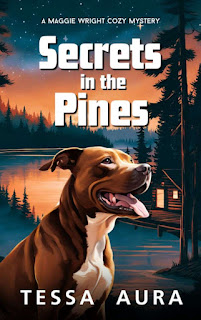




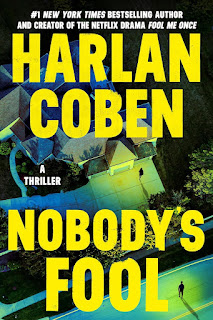





















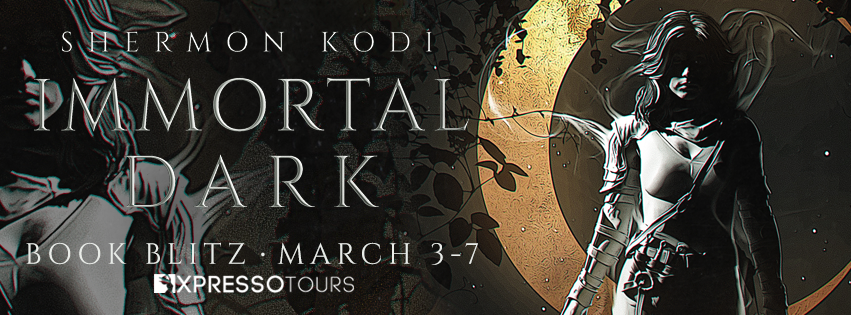

















.png)













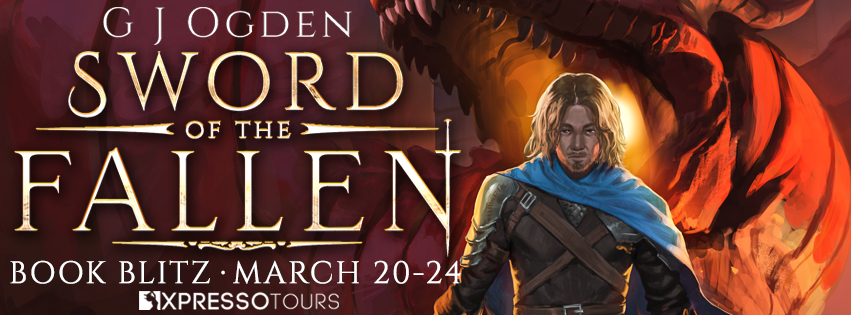
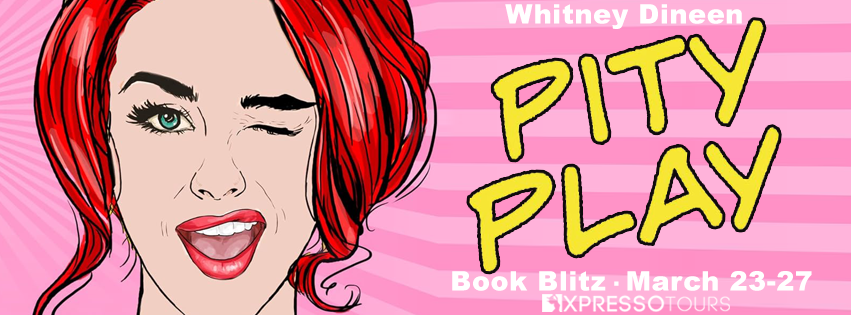







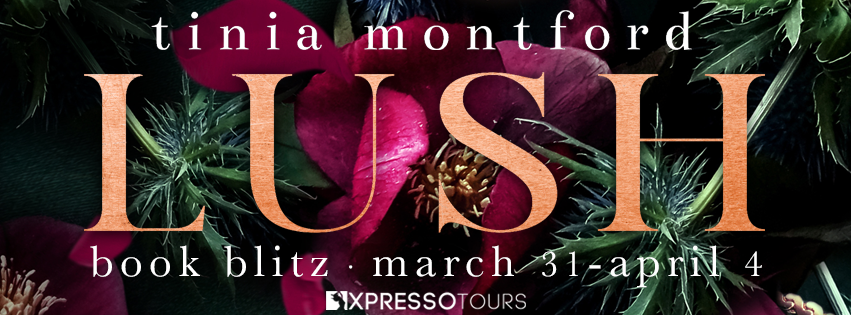
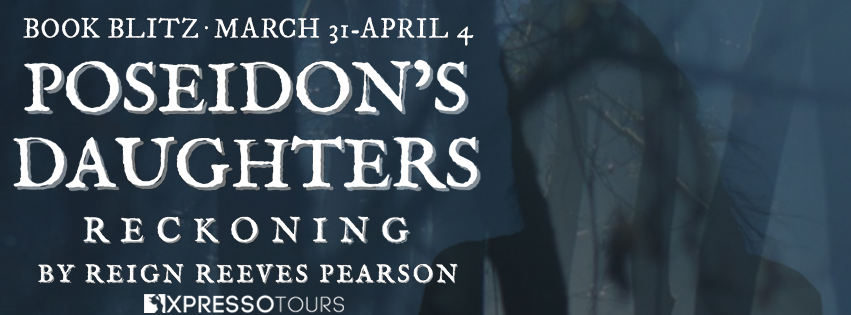





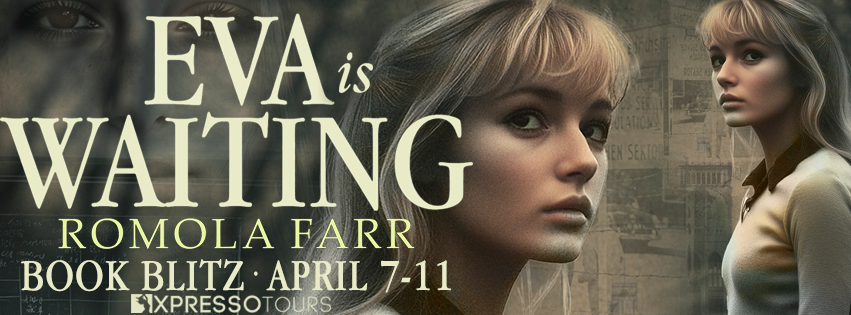










2 comments:
thanks for hosting
Looks good. thanks for taking the interview.
Post a Comment